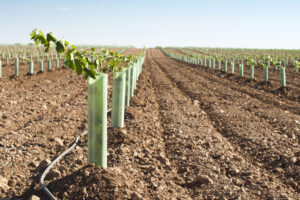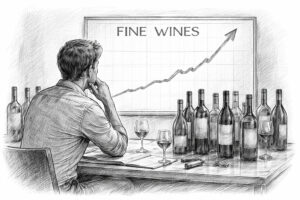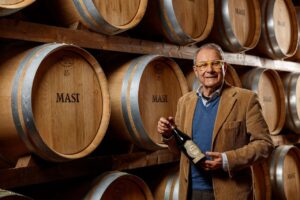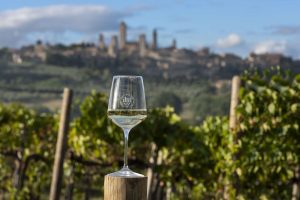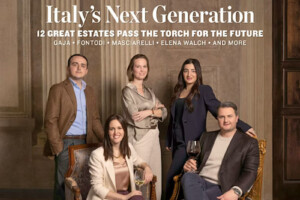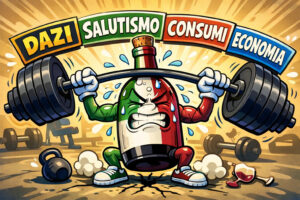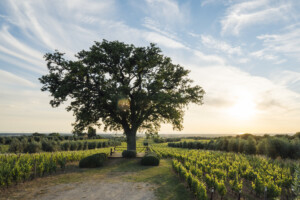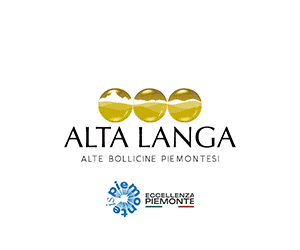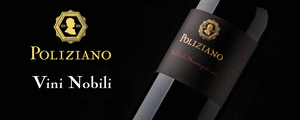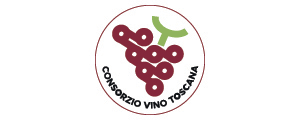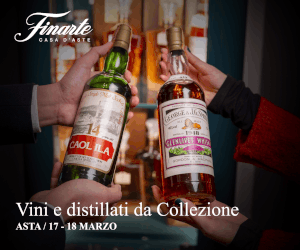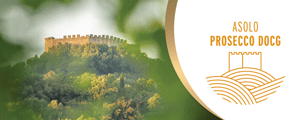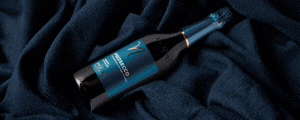“In a context where the debate about alcohol consumption is more intense than ever, the choice to drink wine should go along with a critical awareness. If wine is consumed with moderation, and appreciated for its intrinsic qualities, it can remain a significant part of culinary culture. The challenge for the future will be that of educating consumers to make informed choices ensuring, at the same time, the sustainability of the wine industry”. This is the conclusion of a report about the theme of consumption, of the bond with health, of the increase of no-alcohol wines, and of the review of the policies of alcohol consumption regulations clearly stated in black and white by Vincenzo Gerbi, professor at the University of Turin, and vice president of Accademia Italiana della Vite e del Vino, which arrives “in a moment of great attention, the current one, for wine, challenging health alerts, transparent labels, duties of a geopolitical nature, and consumption also changing with the arrival of no alcohol wines”.
The report by Gerbi about the recent alert by Who about the implications between wine and public healthcare. “Recent indications by the World Health Organization (Who) – writes Gerbi – have warned against alcohol consumption: there is no moderate consumption, and no quantity is safe for health. This position was shared by the operational Chief of American Healthcare, Vivek Murthy, who highlighted a direct correlation between alcohol and at least seven types of cancer, including breast and colon cancers. Murthy demanded the introduction of health labels on the bottles of alcoholic beverages, a step that could mark a significant change in public awareness about the risks associated with alcohol consumption”.
Contrary to this vision, the research continues, there is a segment in the medical word supporting the idea that a moderate consumption of wine, considered, for centuries, a difficult beverage and rich in beneficial vegetable components. The famous statement by Hippocrates, according to which “wine is a thing wonderfully appropriate to the man”, still finds wide appeal among those people who see in wine and not only a beverage, but a fundamental cultural element”. But, comments Gerbi, “wine experts and enthusiasts now find themselves to reflect about the ethical and social implications of their actions. It is evident that, while there are people who enjoy a healthy life consuming wine with moderation, there are also cases of abuse bringing serious damage to health. Therefore, the central matter becomes: why do we drink wine? Is it for its inebriating effect, or for the appreciation of its taste shadows?” From here, a “necessary reflection” about wine composition arises. “From the analysis of wine composition – as one can read in the report by Gerbi – it emerges that alcohol represents only a part of the total. With 83-84% of water and about 13-14% of alcohol, the remaining 3% is made up of components such as polyphenols and aromas giving wine its unique characteristics. Experts don’t focus only on the alcoholic content, but, rather, on the complexity of flavors and aromas that each variety and territory give to wine. Who knows wines suffers from hearing to talk about it as any other alcoholic drinks, which is drunk distractedly, chosen to take advantage of its alcoholic content, and to get a euphoric and disinhibiting effect. Wine, is, on the contrary, the ideal pairing of food in a lifestyle which is typical of Mediterranean populations”.
But, an other great theme to deal with is that represented by the opportunities and challenges linked to no-alcohol wines, increasingly more under the spotlights. “With no-alcohol wines emerging, producers – writes Gerbi – are exploring the possibilities to offer beverages with reduced or zero alcoholic content, even maintaining the beneficial properties of grapes. However, this practice raises questions about quality and taste profile of wines, specially regarding the balance between sweetness, tannicity, and acidity”.
But, everything should begin by “Education and awareness: the key to responsible consumption. The growing number of cases of alcohol intoxication raises worries regarding the irresponsible consumption of alcohol. Food education – reaffirms Gerbi – results to be crucial in order to raise major awareness among young people, and their parents. It is fundamental that the messages about the risks linked to alcohol are clear and complete avoiding excessive simplifications”. And, in this sense, the so much discussed “nutritional labels” applied also to wine, according to Gerbi, are an added value. “Starting from harvest 2024, it will be mandatory to indicate on the label the nutritional information and the ingredients used during the vinification. This represents an important step towards transparency, but it is essential that consumers are capable of interpreting this information correctly”.
But, between pleasure and health, the central question remains one: is it necessary to renounce to wine? “If alcohol is a dangerous carcinogenic, independently from the beverage which contains it, and from the consumed quantity, then, a wise and moderate wine drinker should consider alcohol of wine as a possible collateral damage, a risk to bear in mind, but without persuading him/her to renounce to the sensory pleasure of this fantastic and millennial beverage”, concludes Gerbi, by briefly discussing a very delicate theme.
The Accademia della vite e del vino has always been attentive to everything going around the world of winemaking - explains president Rosario Di Lorenzo - that of the dealcoholization is a very felt and discussed them among the purists of the tradition – without alcohol, it’s not wine – and who opens to the necessity to give a reply to the new trends basing also to aspects linked to the new trends of consumption, and, therefore, of markets. And, therefore, the Academy made a report, curated by our vicepresident Vincenzo Gerbi entitled “Alcohol and wine, a bond to be rethought”, to offer a scientific basis to deal with the future of this sector”.
Copyright © 2000/2026
Contatti: info@winenews.it
Seguici anche su Twitter: @WineNewsIt
Seguici anche su Facebook: @winenewsit
Questo articolo è tratto dall'archivio di WineNews - Tutti i diritti riservati - Copyright © 2000/2026











